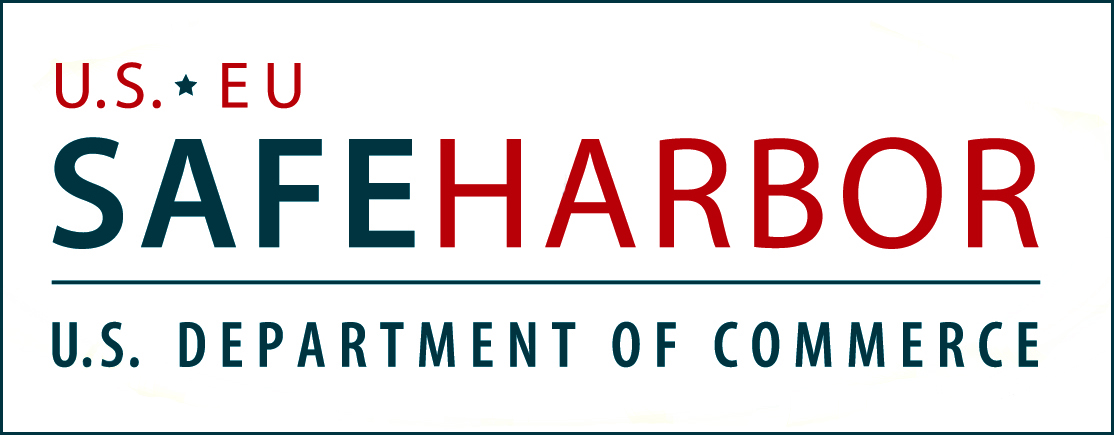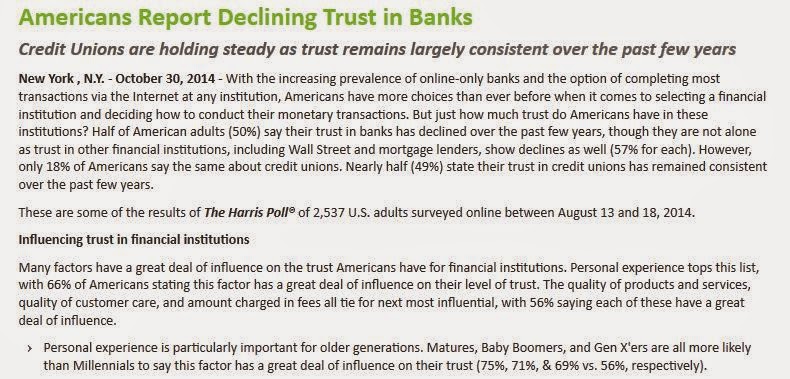Click on the countries in the summary to read more about what was happening in social media in government last year in mid-November.
This post is re-posted from 15-21 November, 2014.
Summary from 15-21 November
The theme for Europe this week is privacy. Italy hopes to better mediate data-sharing. Romania's President is the most popular politician on Facebook. The UK has warned police officers to keep mum.Across the pond, a Canadian public service announcement is generating amused buzz while the Government is worried about online ISIS recruitment. In the USA, several social media events occurred while a few studies looked at social media use and the police, social media use and banks, and social media use and counter-terrorism.
Chinese teachers are warned about their social media content, and a Philippine Minister used Twitter to set the record straight while others in his country explored social media use in disasters. Indians are campaigning against rape while authorities in Jammu and Kashmir order a social media gag order.
Egyptians are sad about a young girl's suicide, a Nigerian Governor credits social media in his success, Uganda issues social media guidelines to its public servants, and Jordan's Queen calls on Muslims to change the social media narrative of Islam.
Finally, don't forget to check out a suggested tool used to detect spyware.
Europe
Italy, currently holding the European Union's rotating presidency, has proposed an EU-wide data protection board to mediate disagreements between Member States over data-sharing. The current EU approach to data disagreements and privacy is the purely advisory board, the Article 29 Working Party. At the same time, the Austrian Max Schrems in Max Schrems Vs. Facebook is taking aim at the Safe Harbour agreement between the EU and the USA. Schrems says Safe Harbour offers no protection - would an EU privacy authority offer more?
In other European news, Klaus Iohannis, the recently elected 5th President of Romania, has also become the most popular European politician on Facebook.
In other European news, Klaus Iohannis, the recently elected 5th President of Romania, has also become the most popular European politician on Facebook.
In the UK, police officers have been asked to avoid their uniforms and keep quiet on social media when it comes to work. Authorities fear terrorists might be targeting British police and using their online profiles to help plan an attack.
North America
In Canada, a Tory ad attempting to discourage citizens from smoking pot through scary music and questionable claims has been roundly mocked in social media and given over 2500 "thumbs down" on YouTube (with only about 100 "thumbs up"). At least some of the credit goes to Reddit users where a long thread drew a lot of online attention to the video.
In more serious Canadian news, the government has noted that there have been a few cases of ISIS recruiting North American women as wives via social media. The government has ordered a study looking at: "why and how women are recruited; the proportion of women in terrorist groups and support networks; women’s motives for joining; the radicalization process for women; and the security challenges posed by the recruitment of women."
Finally, in Dartmouth on Canada's East Coast, emergency officials and volunteers took part in a disaster-management test Wednesday in which they were trained in using social media to better manage real world crises.
Finally, in Dartmouth on Canada's East Coast, emergency officials and volunteers took part in a disaster-management test Wednesday in which they were trained in using social media to better manage real world crises.
Canadians take experiment by storm, US assisting! http://t.co/8iDdByfD2X @katekaminska1 @TabTalks @pcdawe @DRDC_RDDC pic.twitter.com/sqcIJJ52o5
— FieldInnovationTeam (@FITreadytogo) November 19, 2014
In the United States, a study noted that American law enforcement agencies use social media for several purposes: for crime investigations, crime anticipations, and, less frequently, to engage with or inform the public of emergencies, disasters, or crimes. Most law enforcement agencies in the study claimed that they expect their social media use to go up in the future.
Meanwhile the Counter Extremism Project (not all that popular on Twitter) uses the hashtag #CEPDigitalDisruption to flag terrorist Twitter accounts for Twitter to take down. Not that this does much good. Frances Townsend, former Homeland Security Advisor to President George W. Bush and now head of the Counter Extremism Project, noted "It'll take Twitter 10 to 12 days to actually shut [the terrorist accounts] down. And it takes these [terrorist] guys, you know, as long as it takes to take a home pregnancy test before they reopen another account and they're up."
ATTN @Twitter: @greenbird70_72 says @BarackObama is the next westerner to be beheaded. #CEPDigitalDisruption pic.twitter.com/mVB4nuryA0
— CEP (@FightExtremism) November 17, 2014
Another US study focusing on banks noted that online users are not all that influenced by social media when it comes to their increasing (and already pretty significant) distrust of banks. Instead users rely more on their personal experiences with banks - although Millennials and Gen X'ers are paying more attention than Baby Boomers to what is said about banks on social media.
Four USA-based social media events happened over the last week.
Qlik hosted a hackathon with the United Nations in Orlando, Florida.
Rise Up, a network activist forum hosted in Washington DC, successfully brought social media dissent into the Real World when Code Pink protestors disrupted a live interview between journalist Jorge Ramos and US Ambassador to the United Nations Samantha Power. Ramos invited the protestors to explain their position onstage and Power responded.
The New York Social Technologies in Emergency Management (SoTechEM) project presented "Social Media Practices in Local Emergency Management: Results from Central New York.”
Social media strategist for the city of Boston Lindsay Crudele, GovGirl Kristy Dalton, Social media strategist for the city of Las Vegas Jennifer Davies, and Derek Chan of the California Department of Motor Vehicles, co-hosted a webinar on what being a government social media manager involves.
Asia
In China, an article widely shared on social media stated "Dear teachers, because your profession demands something higher of you, and because of the solemnity and particularity of the university classroom, please do not speak this way about China!" The article warned teachers to lay off rhetoric that was overly critical of the State.
The Philippines Manpower Minister Muhammad Hanif Dhakiri, an avid Twitter user @hanifdhakiri, set the record straight after he was misquoted by an online news portal this week. Twitter followers of the minister blasted his account with criticism, and the Minister was quick to respond with an explanation.
Rappler, in partnership with the Australian Embassy in the Philippines and the Department of the Interior and Local Government (DILG) held an event this week to train local Philippine executives and disaster management personnel in the use of social media as a tool for disaster preparedness and response. The 2012 World Risk Report identified the Philippines, one of the world's most populous countries, as also one of the world's most disaster-prone.
@zakyuson shares how the #ProjectAgos tool works #agostest @MovePH #ZeroCasualty #commisaid pic.twitter.com/fqaHHGnxRQ
— Aaron Aspi (@aaron_aspi) November 17, 2014
One of the biggest trends on Twitter this week came out of India. The male Bollywood star, Farhan Akhtar, became UN Women's Goodwill Ambassador. Akhtar, @FarOutAkhtar on Twitter, launched the 2013 social initiative Men Against Rape and Discrimination (MARD) following the horrific gang rape of an Indian medical student on a bus that grabbed global headlines.
Well done #FarhanAkhtar! Totally deserved and a fabulous and intelligent decision by #UNWomen. What better than... http://t.co/3RxwQ1Hxnr
— Poonam Joshi (@PoonamJoshi_) November 14, 2014
The Jammu and Kashmir Police in Northern India issued a gag order demanding that employees refrain from criticising the government or the police on social media. In Maharashtra, the government plans to strengthen social media labs of the regional police to combat cybercrime, in particular social media posts that look to incite local violence between different social groups.
In Bengaluru, where there have been nine cases of sexual abuse against schoolchildren, over 200 students came together to issue a Children's Charter on how to avoid future sexual abuse. In addition to asking parents to behave better, the Charter asks that children be banned from using social media and mobiles.
The Indian state of Gujarat hired social media experts to boost the region's brand.
In Bengaluru, where there have been nine cases of sexual abuse against schoolchildren, over 200 students came together to issue a Children's Charter on how to avoid future sexual abuse. In addition to asking parents to behave better, the Charter asks that children be banned from using social media and mobiles.
The Indian state of Gujarat hired social media experts to boost the region's brand.
Africa
Egyptian social media is abuzz after twenty-something
Egyptian Zainab El Mahdy hung herself allegedly citing her depression over Egypt's resistance to change following the 2011 revolution.
Before suicide activist Zainab El Mahdy wrote: "There's no justice.. We're lying to ourselves just to live." #Egypt pic.twitter.com/qmfjQr2PuP
— Mina Fayek (@minafayek) November 13, 2014
At Nigeria's 2014 Ogun State Nigeria Union of Journalists (NUJ) Press Week, Osun State Governor Aregbesola claimed social media was key in his victory and noted that social media needed to be “[E]xplored and protected for the betterment of our electoral process and political life but it should also be constitutionally made part of our electoral process.”
The Uganda Directorate of Information and National Guidance developed a set of social media guidelines for public servants. Government workers are not to post personal opinions on official accounts and are to identify themselves when discussing any topic in an official capacity on social media. The guidelines will be reviewed at a national Social Media Summit next week.
Queen Rania of Jordan implored participants at the Abu Dhabi Media Summit this week to express the voice of the moderate Arab in social media. "We must create a new narrative and broadcast it to the world. If we don’t decide what our identity is and what our legacy will be, the extremists will do it for us."











No comments:
Post a Comment